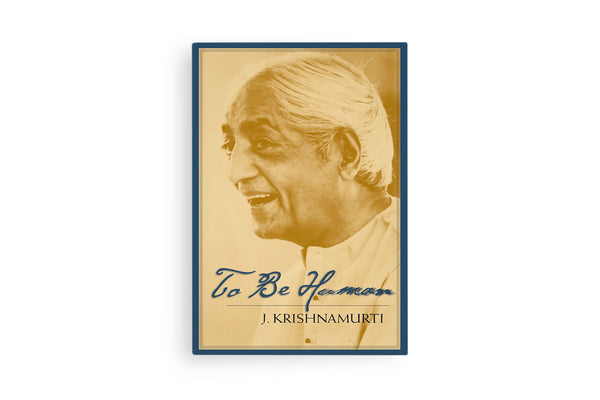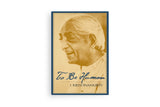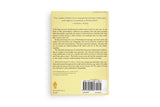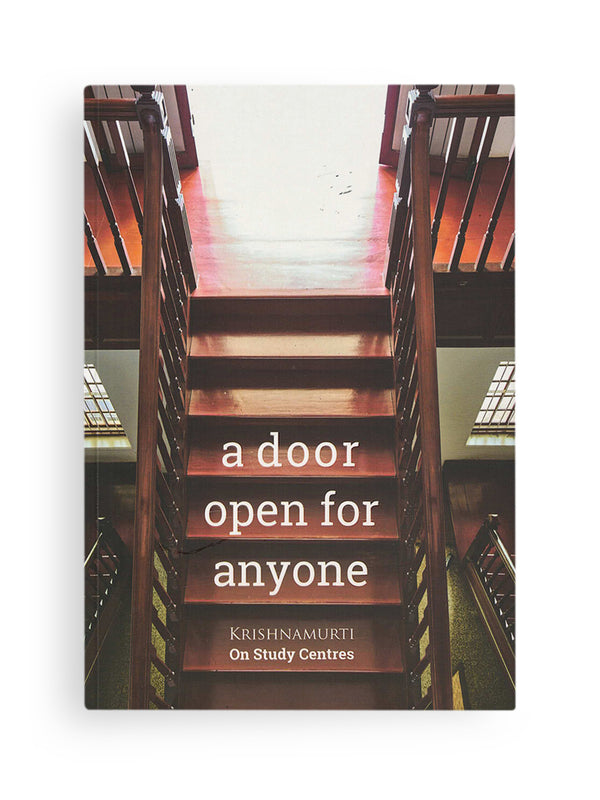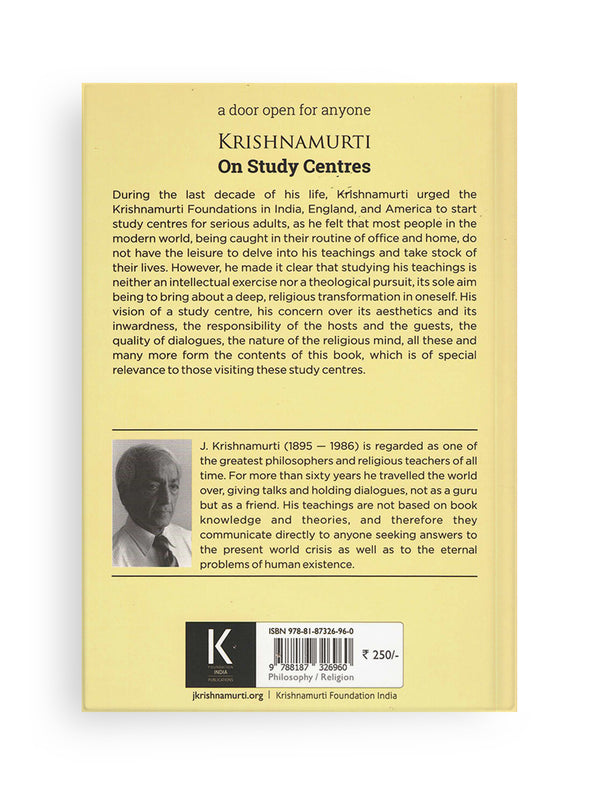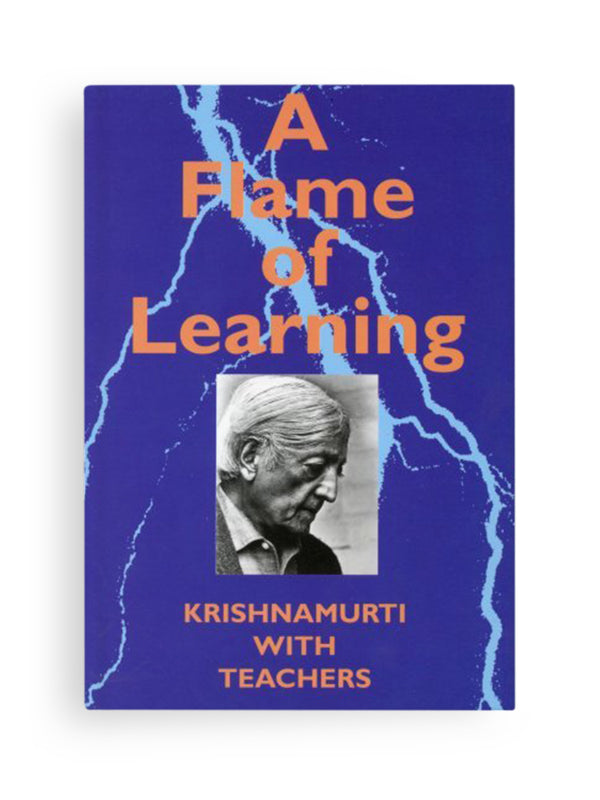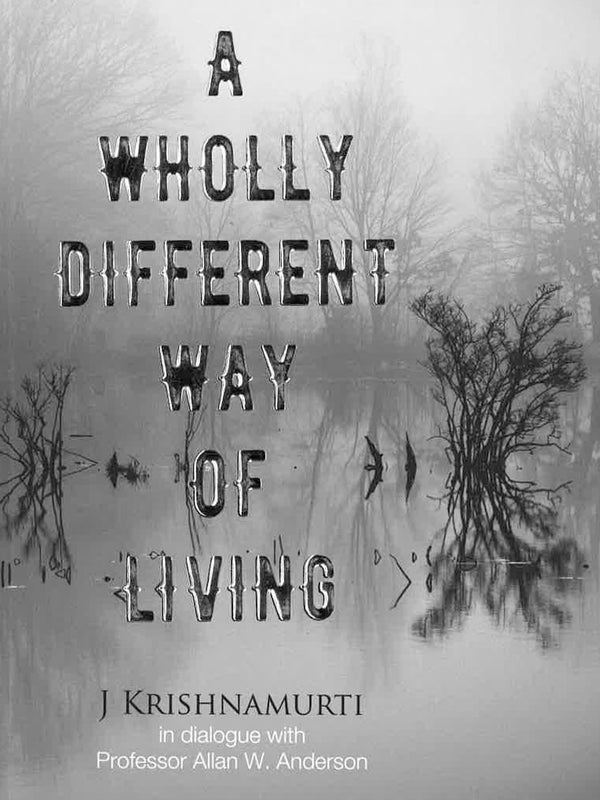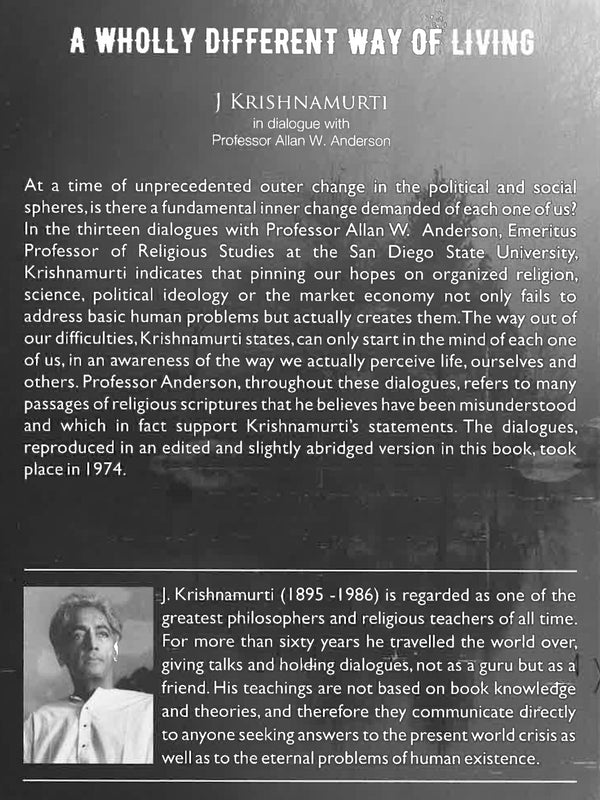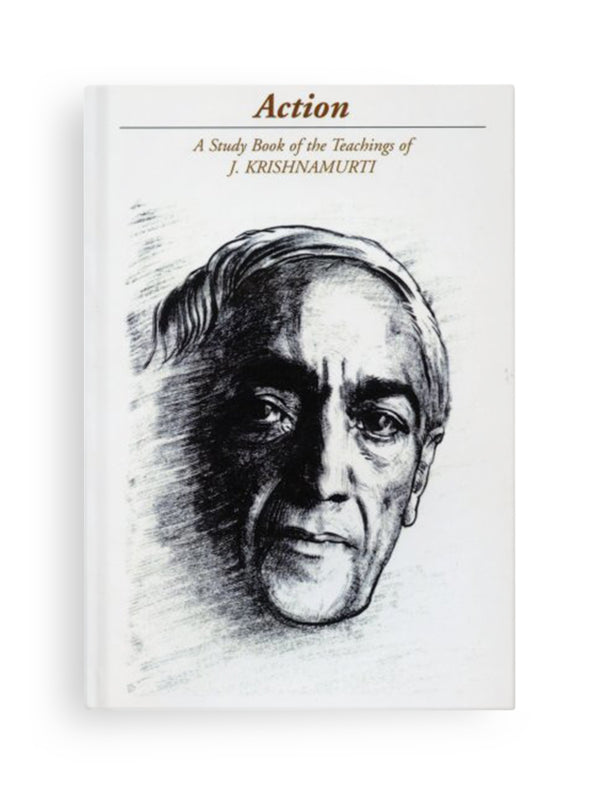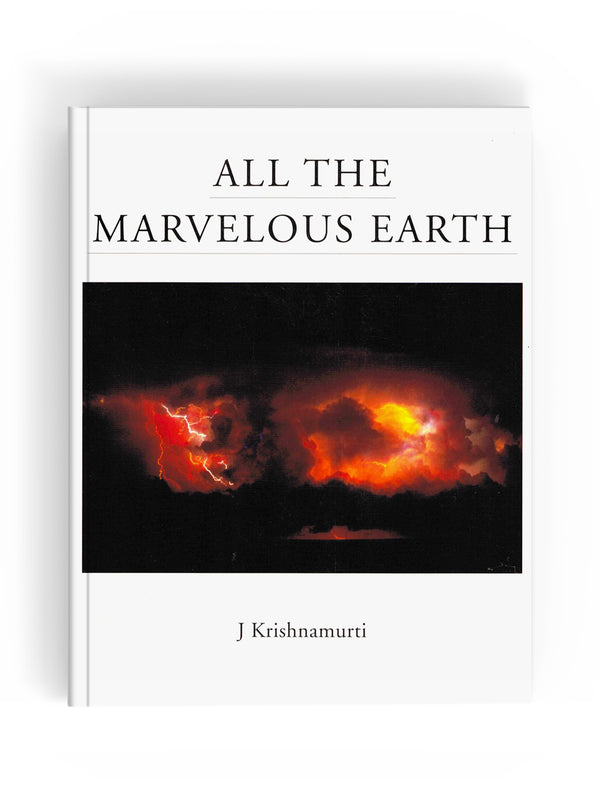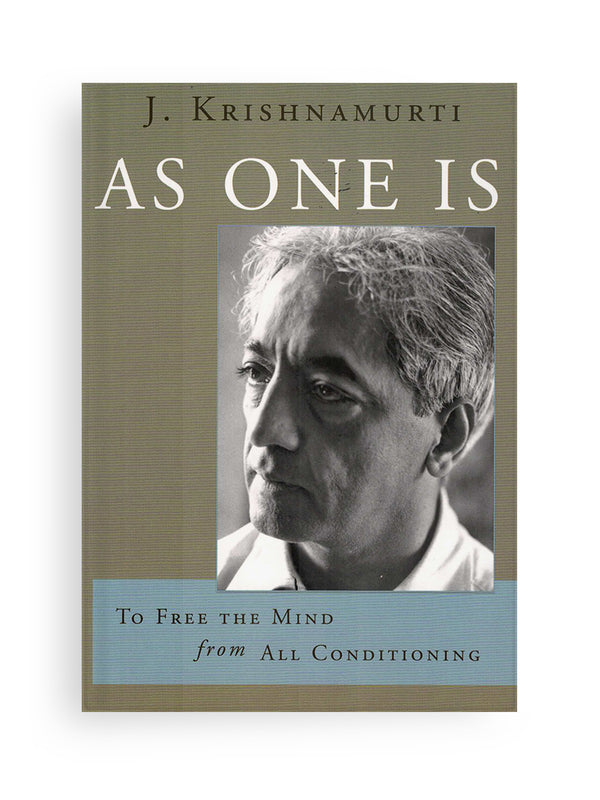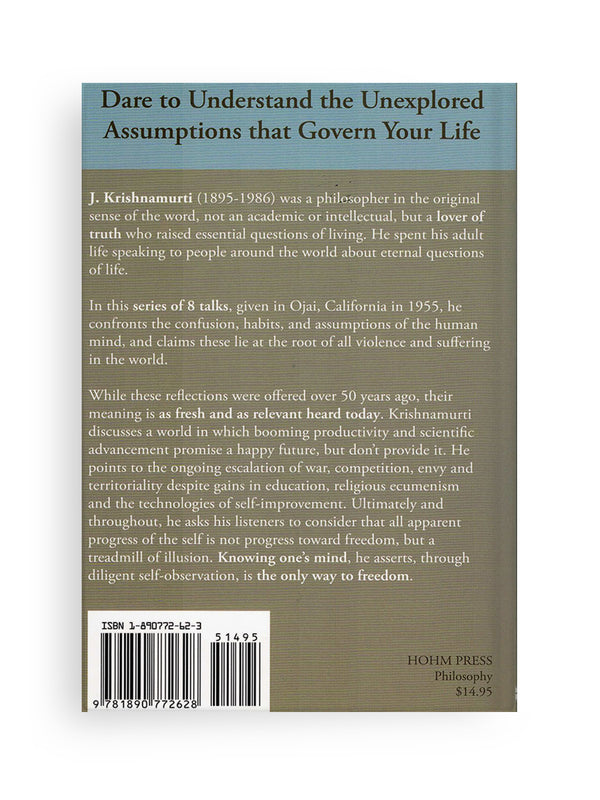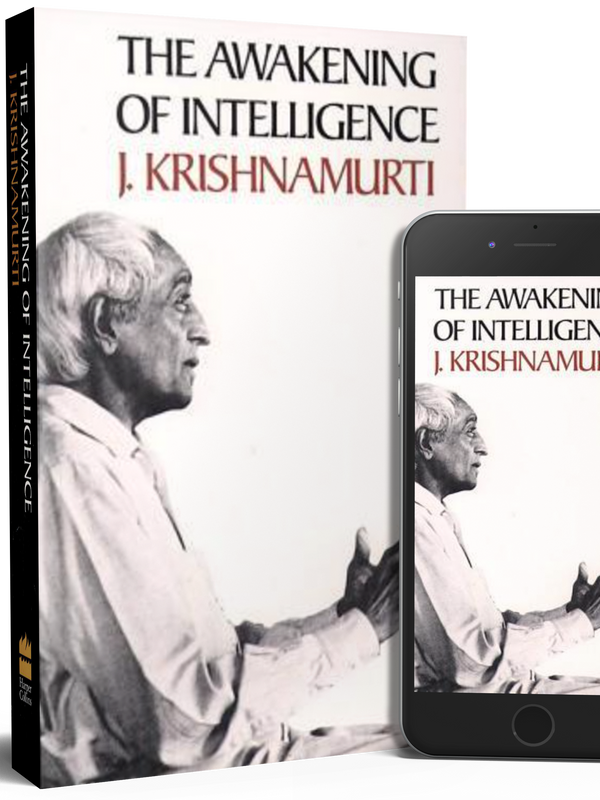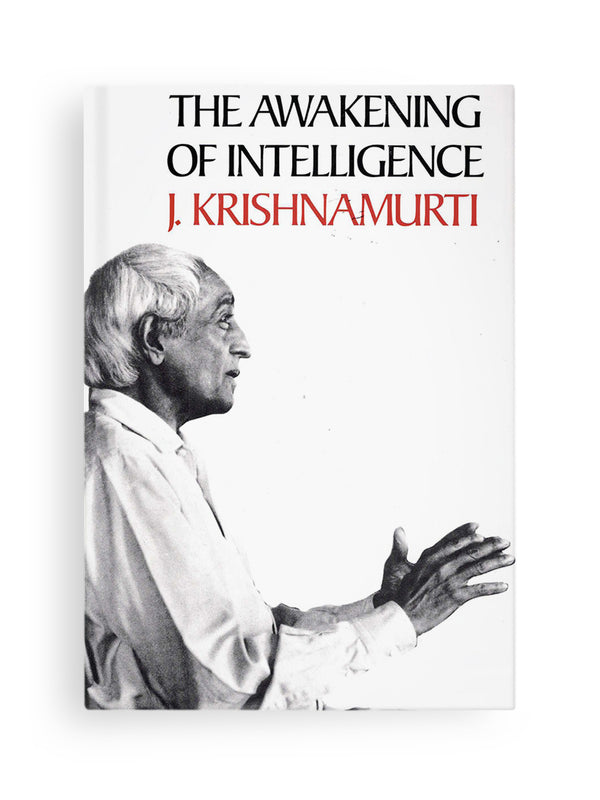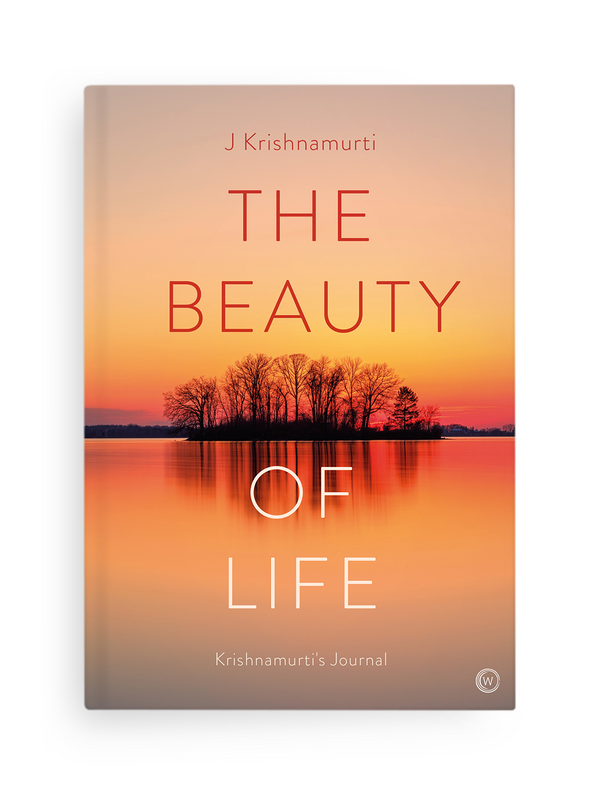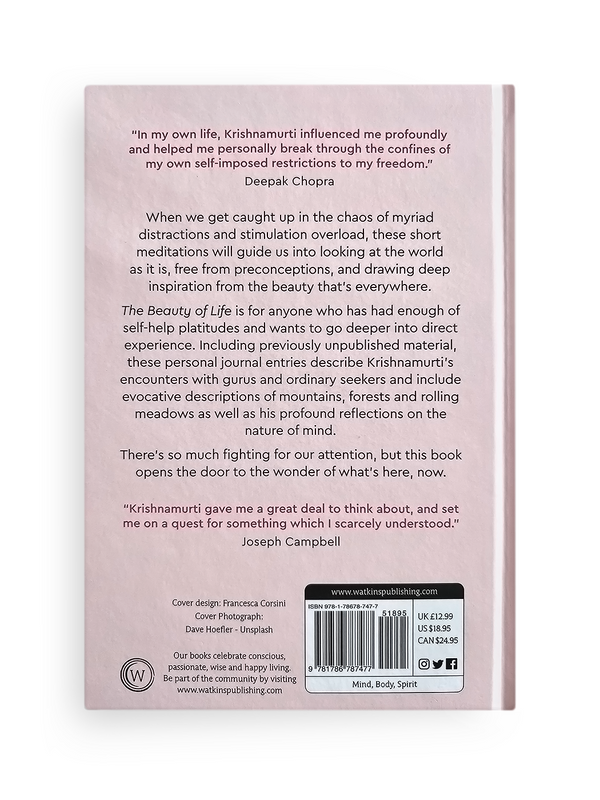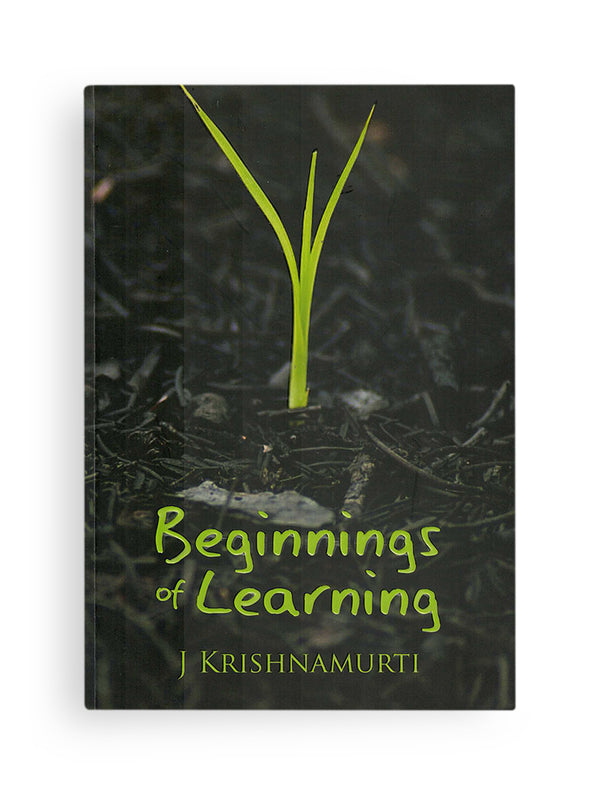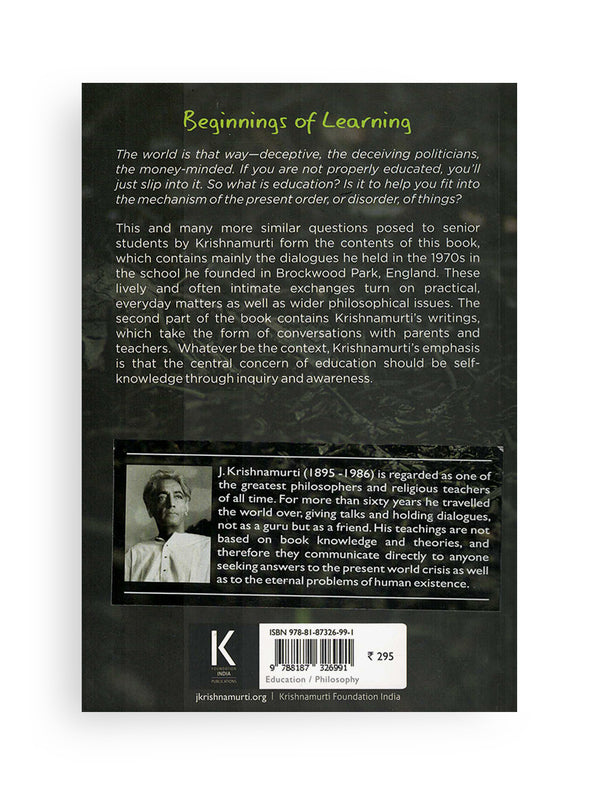"To Be Human" presents the core of Krishnamurti's message in a new way, alerting the reader to his innovative use of language, the ways in which he would use "old words with new interpretations'" The book's source notes will aid the inquisitive reader who wishes a deeper understanding of this great teacher's message.
Why are we influenced? In politics, as you know, it is the job of the politician to influence us; and every book, every teacher, every guru - the more powerful, the more eloquent the better we like it - imposes his thought, his way of life, his manner of conduct, upon us. So life is a battle of ideas, a battle of influences, and your mind is the field of the battle. The politician wants your mind; the guru wants your mind; the saint says, do this and not that, and he also wants your mind; and every tradition, every form of habit or custom, influences, shapes, guides, controls your mind. I think that is fairly obvious. It would be absurd to deny it. The fact is so.
Publisher: Shambhala
Pages: 205
Jiddu Krishnamurti lived from 1895 to 1986, and is regarded as one of the greatest philosophical and spiritual figures of the twentieth century. Krishnamurti claimed no allegiance to any caste, nationality or religion and was bound by no tradition. His purpose was to set humankind unconditionally free from the destructive limitations of conditioned mind. For nearly sixty years he traveled the world and spoke spontaneously to large audiences until the end of his life in 1986 at the age of ninety. He had no permanent home, but when not traveling, he often stayed in Ojai, California, Brockwood Park, England, and in Chennai, India. In his talks, he pointed out to people the need to transform themselves through self knowledge, by being aware of the subtleties of their thoughts and feelings in daily life, and how this movement can be observed through the mirror of relationship.

